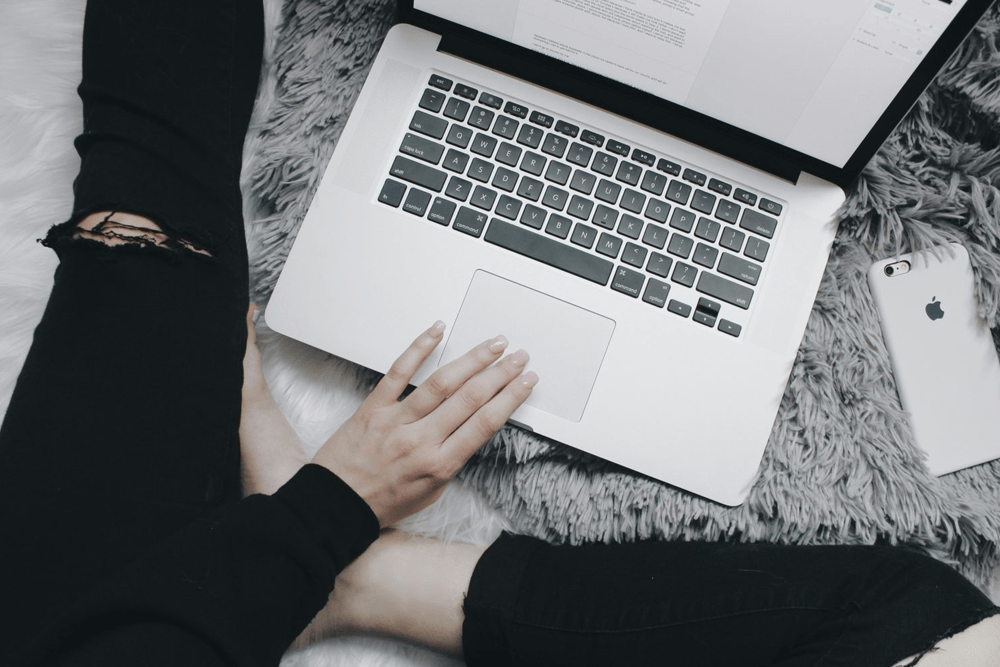There are a lot of benefits to the internet, and a lot of different ways to use it. You may have the internet on your phone, tablet or gaming device like an Xbox. What’s really important is you know how to keep yourself safe. That’s what this page is all about.

You probably already know this, but there are a lot of different apps and websites that are social media platforms; Facebook, Instagram, TikTok, Youtube, Twitter and Snapchat, to name just a handful. But did you k now you need to be at least 13 years old to sign up? To sign up to Whatsapp you should be at least 16!
ThinkUKnow has some very helpful advice for being safer online using social media and is a great place to get tips if you are thinking about setting up an account.
You might not even think about playing games online as being risky. You might use your phone, tablet or a console like an Xbox. It can be fun to play alongside or against your friends on things like Fortnite or Minecraft. You can chat to people you play with through instant messaging or instant messages. However it’s worth checking out ThinkUKnow’s gaming advice to make sure you keep yourself safe while still having fun.
“Sexting” means sharing intimate images or videos with another person. This can be anything from flirty texts to naked pictures and videos… It isn’t always about sex, but images that can be used to bully other people. And it isn’t always consensual either, which means the person who the images are of won’t always have said yes to having them taken or shared. Just because someone took a nude selfie, doesn’t mean that they wanted to.
You can find information about what sexting is and the important things you should know on the Bullying UK website.
If you need help about something right now, you can call Childline on 08001111
Every time you post something online, you create a trail of information, called our digital ‘footprint.’
People can track your footprints to learn more about you. This may be good if family and friends can see your holiday pictures, but not so good if a negative comment is later traced back to you. Find more information about your digital footprint and how to manage it.
Sometimes it’s hard to ask for help or to know whether it’s best to try and sort things out ourselves. Generally, if you’re not sure it’s best to ask. That way you can check out what you’re worried about with someone you trust, maybe a parent or a teacher from school. But if you can’t do that, you can get help from the organisations below.
CEOP keeps children safe from sexual abuse and grooming online; they are a law enforcement agency and can do a lot to ensure you are safe.
If you are worried about how someone is talking to you online or online sexual abuse, you can report it to CEOP. They take reports seriously and do everything they can to keep you safe. If you report something to CEOP, you just need to tell them what you know about what has happened, but don’t worry if you feel like you don’t know all of the details.
Types of things that people report to CEOP include;
Internet Watch Foundation
The Internet Watch Foundation is an organisation in the UK who have the ability to remove child sexual abuse imagery, hosted in the UK. If your picture has been shared online and you know where it is, you can report the link to the IWF. They will review the image and if it is illegal, will remove it. You can contact the IWF here.
Local Police
If someone is in immediate danger or risk of harm, phone 999.
We can’t cover everything there is to know about online safety in one short webpage. There is a lot of up to date and reliable information that can help you here.
Page reviewed: April 2024
Page due for review: April 2026
DiAS (Devon, Information, Advice and Support) supports children and young people aged 0-25 with special educational needs and disabilities (SEND), and their parents and carers.
Helpful links
Contact us
Legal
© 2025 Devon Information Advice & Support
Searching...